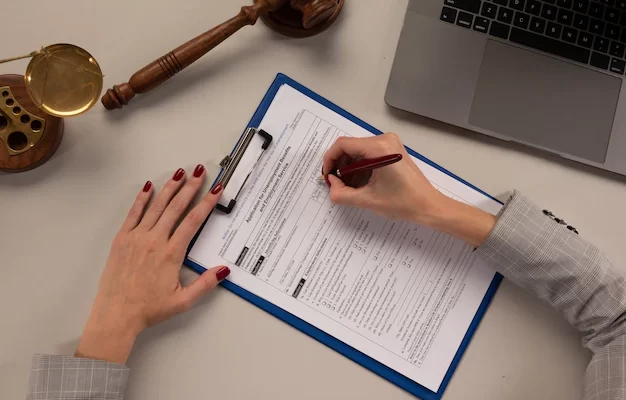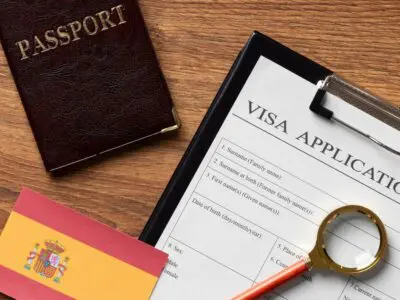
Chapter 13 is a bankruptcy program for people who have fallen behind on bills, but have a steady source of income.
If you have a mortgage, a car loan, or other debts that cannot be discharged through other means, you may be able to utilize this option.
However, this option will only help you if you are able to make the payments on what you are behind. For example, Chapter 13 will not help you if your car has already been repossessed.
Disadvantages of Chapter 13 bankruptcy
While Chapter 13 bankruptcy has several advantages, it takes a much longer time to pay off your debts. You may not be able to get all of your debts forgiven, but the trustees may work out a payment plan that suits your needs.
As long as you can pay a portion of your debt each month, you may be able to stay in your home. Chapter 13 bankruptcy can even stop the eviction.
Another advantage of Chapter 13 is that it can keep your home from being foreclosed. Foreclosure is a major problem for struggling families and many people lose their homes in the process. However, with a Chapter 13 bankruptcy plan, you can keep your house and dictate the terms of your mortgage repayment.
A Chapter 13 plan usually lasts three to five years. However, this can be extended if the court approves it. Depending on your income and the amount of your debt, you may be required to submit a five-year repayment plan.
After successfully completing your plan, you will receive a discharge of your remaining debt. In addition, most legal actions against you will cease and you will no longer have to communicate with creditors. You will still be able to keep your home, car, and other property. And, with a Chapter 13 help plan, you may be able to “write-down” your secured debts to the value of the collateral that secured them.

Time Limits For Filing
Chapter 13 bankruptcy plans have time limits that must be met to avoid the risk of not getting approved. You must submit certain documents to the trustee within a certain amount of time. Generally, the trustee will send you a letter stating which documents he or she requires.
Once you have received the letter, you should send these documents to your bankruptcy attorney or the trustee. The trustee will require the documents at least seven days before the 341 meeting of creditors. However, some trustees may require them even earlier.
If you are filing under Chapter 13 bankruptcy, you must have sufficient income to make the monthly payments. The money that is left over will be used to pay off your debts. This means you will need to show that you will be able to pay your creditors in full within the repayment plan. You should also be able to make the mandatory payments and pay the bankruptcy trustee.
In order to be eligible for a Chapter 13 bankruptcy discharge, you must have completed at least 70% of your unsecured debts. This means that you must have been making all your efforts to make your payments and pay your creditors. This means that you must have completed at least four years since you filed for Chapter 7 bankruptcy.

Payment plan
A Chapter 13 payment plan requires a person to repay certain debts in full. These debts include priority claims, back taxes, and alimony. It also requires the person to pay administrative expenses, such as attorneys’ fees and court costs. Priority claims include taxes, child support, and alimony.
There are a number of ways to structure a Chapter 13 payment plan. First, the plan must meet a certain income level. The income of a family will affect the plan’s eligibility. For example, if a family of three earns less than the state’s median income, the plan’s applicable commitment period is three years.
For a family with a higher income, the commitment period is five years. The debtor can also shorten his or her plan if he or she pays off their unsecured debts faster.
Chapter 13 payments are a huge burden for most people. It’s important to know that if you can’t make the payments on time, you can still file for a hardship discharge. This can allow you to get your debts discharged early. However, this is not an easy option and will stretch you to your financial limits.

Credit Counseling
Credit counseling is an important part of the bankruptcy process, as it helps you determine if you can afford bankruptcy and what your repayment options are. Even if you have high balances, low income, or unfair debts, you will still need credit counseling to determine the best plan.
In addition, credit counseling can help you decide whether you can manage your debts through an informal plan instead of filing for bankruptcy. Examples of such debts include credit card balances with high-interest rates, emergency room bills, and deficiency judgments from auctions of repossessed cars.
Credit counseling agencies are located throughout the country, and most offer in-person counseling. Their fees depend on the type of service you need and where you live. When choosing an agency, always try to find a nonprofit agency. Nonprofit agencies will often give credit counseling services at no charge and are less likely to try to sell you financial products.
Additionals:


